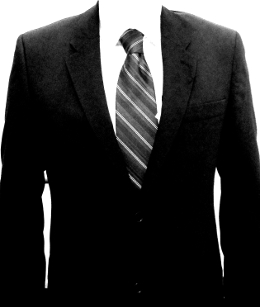Public sector places low in LGBTI figures
 Figures from the Australian Workplace Equality Index show the public sector trailing behind the private sector when it comes to workplace LGBTI inclusion.
Figures from the Australian Workplace Equality Index show the public sector trailing behind the private sector when it comes to workplace LGBTI inclusion.
The survey published by Pride in Diversity says government employees are less likely to be out at work than their private sector counterparts.
Just 47 per cent of public sector employees felt their department genuinely supported lesbian, gay, bisexual, transgender and intersex inclusion, which compares poorly to the three other sectors surveyed — higher education (56 per cent), private (79 per cent) and not-for-profit (80 per cent).
The researchers ranked Westpac as Australia’s top employer for LGBTI policies, followed by the Commonwealth Bank and consultancy firm EY, while in the public sector The Australian Federal Police and New South Wales Police were ranked highest.
Australian Federal Police commissioner Andrew Colvin said “solid leadership on LGBTI workplace inclusion, promoted through our incredibly dedicated and active GLLO [gay and lesbian liaison officer] employee network and directed workplace initiatives” were the keys to its success.
“Diversity is a core element of modern policing. Leveraging from a diverse workforce ensures that we reflect the community we serve, builds trust and strengthens our capacity to respond effectively to local, national and global challenges,” Colvin said.
“The AFP values and supports diversity and is committed to embedding LGBTI inclusive practices into AFP organisational culture to ensure our members are confident to present as their authentic selves.”
New South Wales Police was given the Trans Inclusion Award.
Superintendent Tony Crandell said NSW Police had engaged in active LGBTI inclusion since its gay and lesbian liaison officer program was established in 1990.
“From my perspective the GLLO program is just so important and for the GLLOs to be identifiable to not only make officers know they can have someone they can trust, but for the LGBTI public to know the officers can identify with them,” he said.
“A lot of our work is through the GLLO program, we have over 200 GLLOs. They are the face of the police to not only the community, but to the force itself.
“They provide support and advice to LGBTI or sexuality and gender diverse police officers. They do lots of community engagement.”








 Print
Print